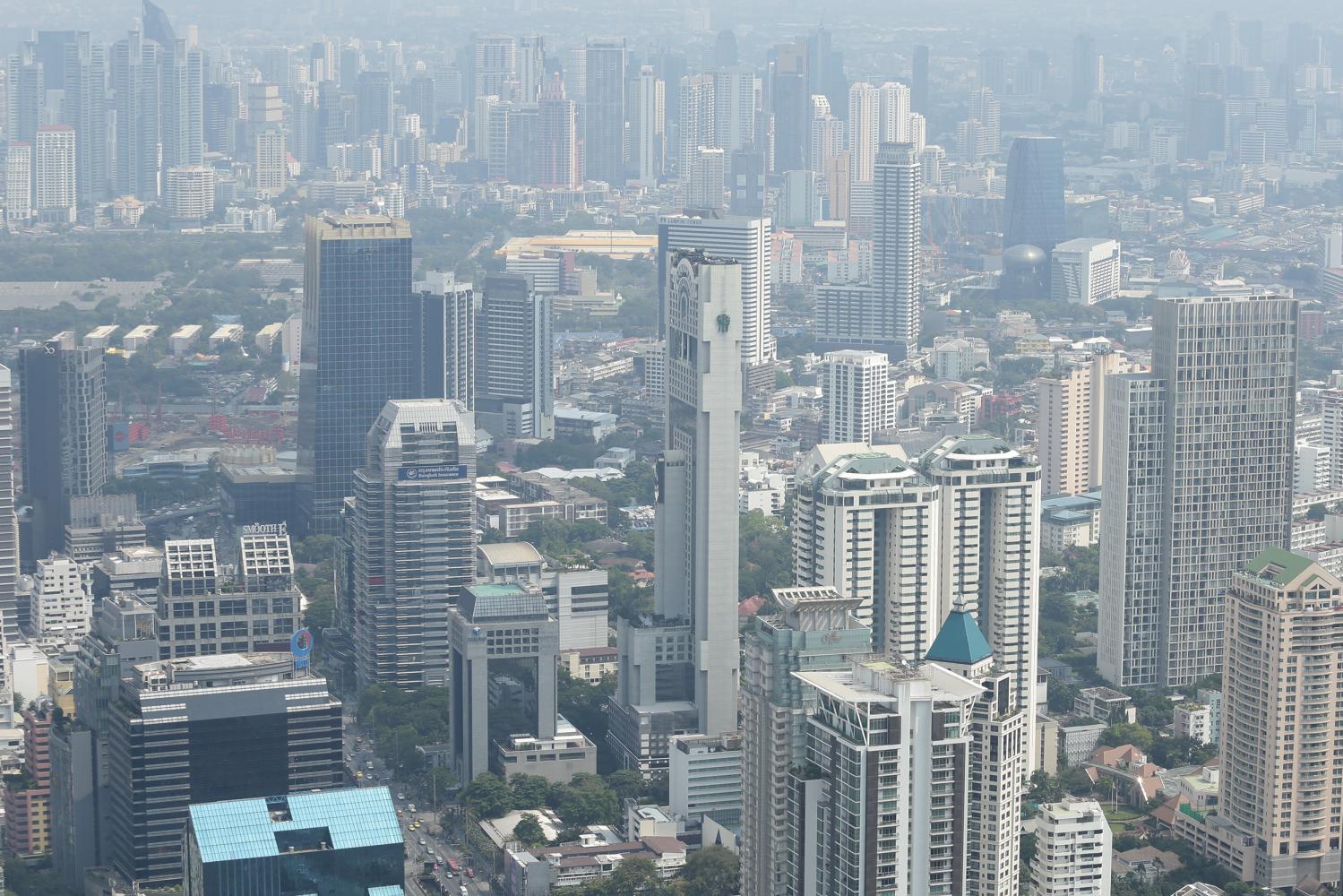
Prime Minister Srettha Thavisin has ordered the Finance Ministry to review the new land and building tax, as well as inheritance tax, in an effort to reduce income disparity.
After the cabinet on Monday appointed a new director-general of the Revenue Department, Mr Srettha, who is also Finance Minister, ordered the review. In the case of inheritance tax, only around 200 million baht is collected each year, which is too small and seems to be symbolic.
"Many people might be dissatisfied that inheritance tax was brought into the discussion whenever there was a political change in the country," Mr Srettha said.
"However, income disparity still persists and the simple conception is that when one receives an income, regardless of the source, one must pay tax. This is also applicable to receiving an inheritance."
In addition, last Friday the Revenue Department amended its notification regarding taxation on specified foreign-sourced income, effective from Jan 1, 2024.
Regarding the implementation of the 20-baht train fare within three months, this might be challenging and complicated, as it includes compensating the private sector with 60 billion baht in total, seamless connectivity, and an all-in-one ticket.
"In addition to lowering the cost of living is increasing minimum daily wages," Mr Srettha said, adding that an announcement could be expected in November and be effective from Jan 1, 2024. Some private sector businesses currently provide daily wages of more than 400 baht, which the government would review and come up with an appropriate rate.
The government will use Krungthai Bank's Pao Tang app for its digital wallet project.
The app will be integrated with blockchain technology, Mr Srettha said after a policy briefing session with Finance Ministry executives last week.
He confirmed that the government has an adequate budget to fund this project, which requires 560 billion baht, and further clarification on the project's details would be announced within 10 days.
The 4-kilometre radius restriction is to stimulate local economies and prevent an overconcentration of income in urban areas. The digital currency could be used to purchase various daily necessities, but a list of these items has yet to be determined. The one-time cash handout may either require more than or less than 560 billion baht depending on the number of eligible citizens.
Furthermore, if the scheme can be implemented by Feb 1, 2024, Mr Srettha said he was sure that employment will increase as businesses will rush to produce goods and services to support the government's measures. As a result, economic stimulus will occur prior to the implementation of the measures.
"The digital wallet scheme is deemed to increase short-term income for the people and is expected to be implemented within the first quarter of next year," Mr Srettha said.
"Regarding farmers' debt suspension project, there must be a long-term plan to generate higher and sustainable income for the agricultural sector."
Another important issue is promoting foreign direct investment, as it has a significant positive impact on GDP growth both over the long term and short term.
Mr Srettha will attempt to attract investment from some of the world's biggest companies during his trip to the US for the UN General Assembly next week. Discussions will focus on Thailand's competitiveness, investment opportunities and free-trade agreements, he said.
"Thailand's strength is its strategic location and well-developed infrastructure which includes international-standard airports and sea ports, a strong financial condition, world-class healthcare, and a great number of international schools and colleges," he said.
"Thailand is a kitchen of the world, providing a level of food security amid global food shortages. It is also a major world food exporter, including exporting halal food to Middle Eastern and African countries."